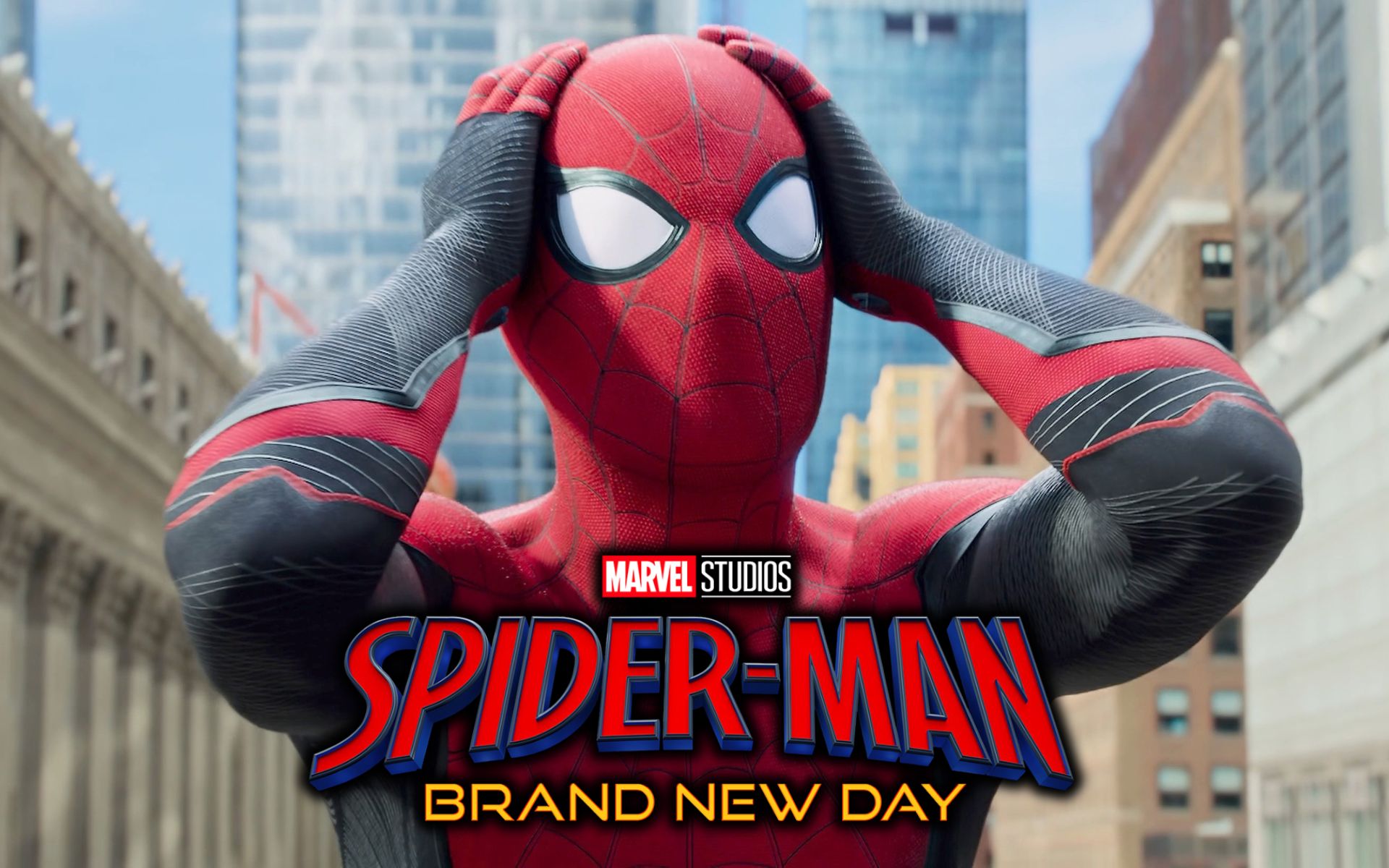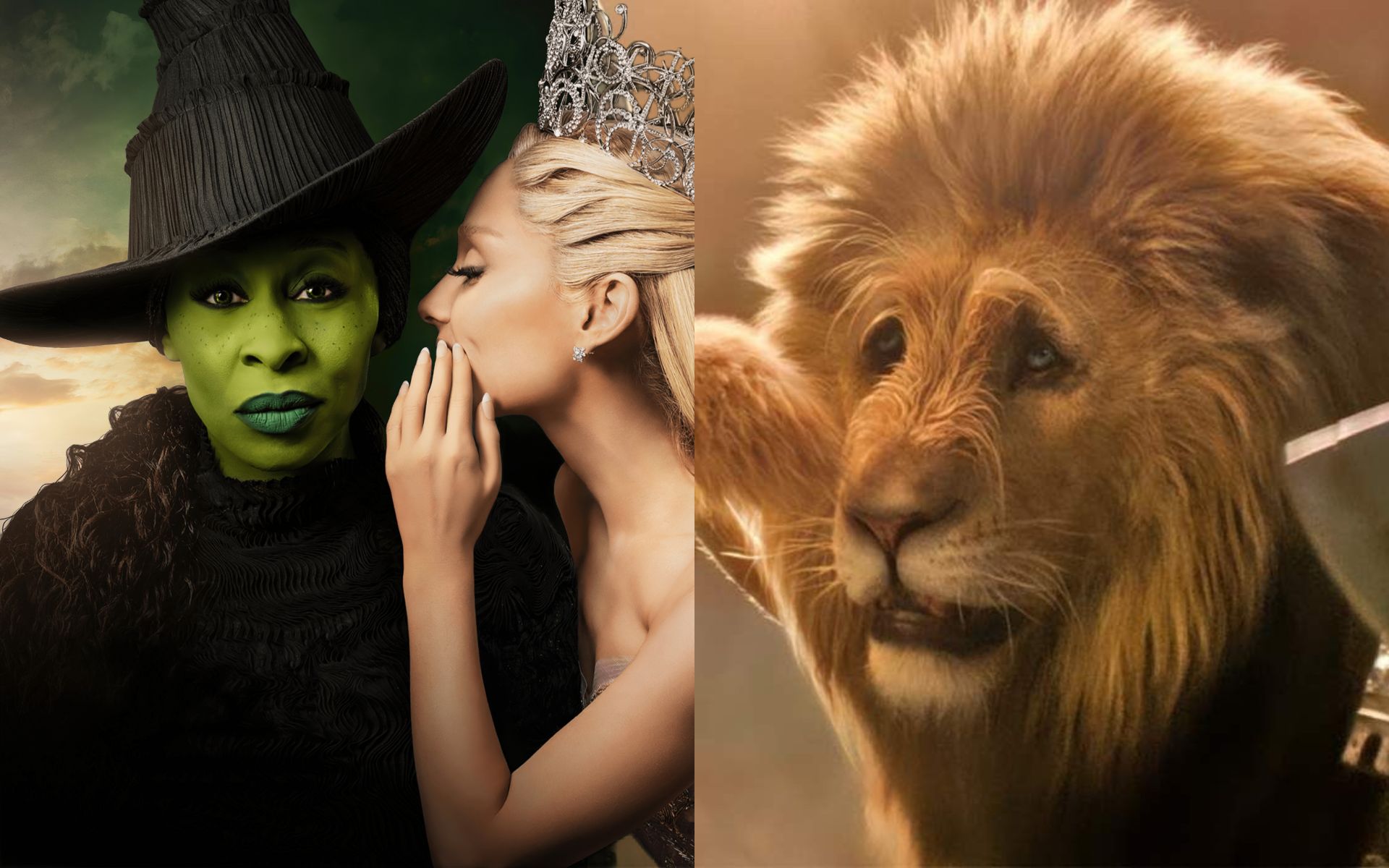The first mention in science fiction of a time travel machine was by a Spanish writer. Enrique Gaspar and Rimbau. in his novel anacronopet, published in 1887, it details a mechanism capable of becoming a thing of the past. But the character’s interest was in the future, so he turned it down. The plot went unnoticed among the books that generated the most interest that year. However, it was the first step in a long obsession with how the present, past and future could be imagined.
In fact, chronological jumps in history are part of one of the most recurring devices in the literature and film world. Not only because of the possibilities it contains. Also for the fact of reformulating reality into multiple probabilities. From giving new meaning to the great events of the annals of mankind, to the transformations of matter itself. The ability to break the chronological stream or reinvent the physical is one of the most extraordinary dreams of our culture.
This obsession has created some of the most interesting films in cinema. Likely futures that end up becoming dystopias, lines of random experience turned into destiny, a complete transformation of what is taken for granted. The possibilities are endless and have been explored by some of the most talented directors of our time. We leave you with five films about time travel and between realities, telling about another new way to comprehend the intangible.
Seth Larney’s time travel 2067
Ethan (Cody Smith-McPhee) is convinced that science has all the answers. So far, his technological knowledge and laboratory discoveries have never let him down. Essentially, for a character, confidence in their knowledge is a form of hope. The world you live in has been devastated by climate change. Destroyed to such a general level that survivors have to face the possibility of death daily.
Seth Larney manages to give this time-travel film the rarefied air of a self-fulfilling prophecy. When Ethan Traveling into the future, he realizes that the effects of plant destruction are not immediate or exclusive to his time. Much less, easy to avoid.
Cases in which a character changes a fact that have turned into a branch of global tragedies lead to another cataclysm. With temporary alternatives morphing over and over again, the lessons he leaves behind become more and more intricate. Hard enough that the script, written by the same director, makes you think about the inevitable.
Is there a way to change what happens? There is a big question 2067. The question develops to the very root of free will and the consequences that every action, small or large, entails. Ethan finds out time is not just a continuous flow. At the same time, it is a series of facts that, being interconnected, create an exact consequence. Whatever the path, the result will always be the same. One of the most disturbing visions of time travel in recent cinema.
tomorrow’s warChristopher McKay
Dan Forester (Chris Pratt) is a professor of biology and a former Green Beret who faces the most unimaginable dilemma. Save the future without even knowing the scope of your actions or your decisions. In the future, there is a war against an alien race, and the most urgent need is to gain a large fighting force. Centuries later, the chance for a decimated army is to look for its recruits in the past. One of the chosen ones will be a character that will allow him to time travel to the future.
paradox tomorrow’s war It’s confusing, and director Chris McKay takes pains to explain it clearly. But when he succeeds, the narrative becomes an interesting version of unfolding time and an opportunity to decide what will happen. Can the course of events be deflected to the point where it will change what happens next despite being part of the past?
There is no complete answer to the main question posed by the plot. However, the plot explores the idea that all activities are connected. Thanks to the soldiers of the past, tomorrow can be saved. However, the world is threatened by something that has not yet happened. Is it a distortion of matter? From the power of individual decisions?
Dan will discover that the hypothesis of the constant movement of the present may be wrong. In any case, there are a few exceptions. Does your life today depend on the decision you will make thirty or forty years from now? How does this affect your family life? It’s very hard for this time travel movie to explore its premise at the final stage. However, it is attractive in many of its variables.
DogmaChristopher Nolan’s time travel that will make your head explode
Christopher Nolan is obsessed with the nature of reality, and several of his best productions reflect on this theme. but this Dogma one that does it in a more cryptic and weird way. Using the second law of thermodynamics and the concept of entropy, the British director creates a new meaning for the material. His time travel does not consist in going to different chronological points, but in the fact that an event can fall apart on a physical level. The process by which the modifications of matter increase or persist never diminishes.
Of course, the embodiment of such a premise in a movie plot required significant visual efforts. From restoring entire scenes to records in the opposite direction of normal. The idea of showing the present in a series of circumstances that could be traced back to a central point was a scenographic feat.
Such was his script, which left clues and hints about what was happening, without clarifying it to the end. In fact, most of the criticism this peculiar time travel movie has received has to do with how Christopher Nolan told the story. Was it the disintegration of the physical or, conversely, the return of each thing to its constituent elements?
subscribe to HBO Max and you will have access to best series and exclusive films How The wire, soprano or Game of Thrones. Includes the entire Warner catalog, Cartoon Network classics, and major releases.
In the end, Dogma he does not waste himself on explanations and does not need them. Like a brilliant and well-crafted play, this is the stage on which physical theories are put to the test. At the same time, the idea that the future could be a big accident on a map of possible situations. Christopher Nolan knew how to combine an almost political thriller with something more complex. A significant achievement that allows us to understand the value of the film as a strange work of science fiction.
Last Night in SohoEdgar Wright
Plane travel is also common in science fiction. Director Edgar Wright turns it into a combination that also links horror and suspense films. When Ellie Turner (Thomasin Mackenzie) begins to dream about an unknown woman, his life will unfold in two dimensions. On the one hand, her experience as an outstanding fashion student. On the other hand, the dream come true of a stranger he can see in disturbingly vivid scenes.
first half Last Night in Soho plays with the ambiguity of double observing experiences in parallel. Ellie soon discovers that everything she sees happened before or after. That the blonde you see in your dream lived sometime in the past.
As evidence piles up and points to murder, the same Ellie danger will follow him. Which? The script loses flexibility and precision when trying to describe how both dimensions of reality coexist and eventually become one. However, this time travel movie’s plot is intelligent enough to keep its mysteries going until the brutal end, which is confusing for being unsatisfying. However, Edgar Wright achieves his goal. Turn time into a plastic substance that can transform with the help of human emotions.
Miss Peregrine’s Home for Peculiar ChildrenTim Burton time travel
Jacob Portman (Asa Butterfield) fervently believes in her grandfather’s stories. Abe (Terrence Stamp). Particularly in schools that seem to be on a different material plane. One that welcomes children with extraordinary abilities. However, as he matures, he discovers that these stories may well have been part of the old man’s imagination. Disappointment causes him to distance himself from his relative and neglect the sense of surprise that each story evoked in him.
Something he does until they are both attacked by an evil and terrifying creature that ends up killing them. Abe. Like a legacy Jacob he receives letters, photographs, and the assurance that what he thought was his grandfather’s delusions is something more. So he undertakes a search until he reaches home. Miss Peregrine (Eva Green), a place where the rules of time and reality are violated.
WITH Miss Peregrine and the Peculiar ChildrenTim Burton tried to adapt the first part of the saga of Ransome Riggs in a strange hybrid of fantasy and science fiction. The result was incomplete and with an incorrect script that detracted from the source material. Regardless, the idea of an island in which the chronological unfolds in an endless loop was appealing. Especially when it became a nod to an alternate dimension of horror and fear. With its nostalgic and slightly sinister vibe, it’s not Tim Burton’s best work, but it’s the closest thing he’s ever come to with the singular concepts he’s been able to handle with ease for the most part.
Source: Hiper Textual












